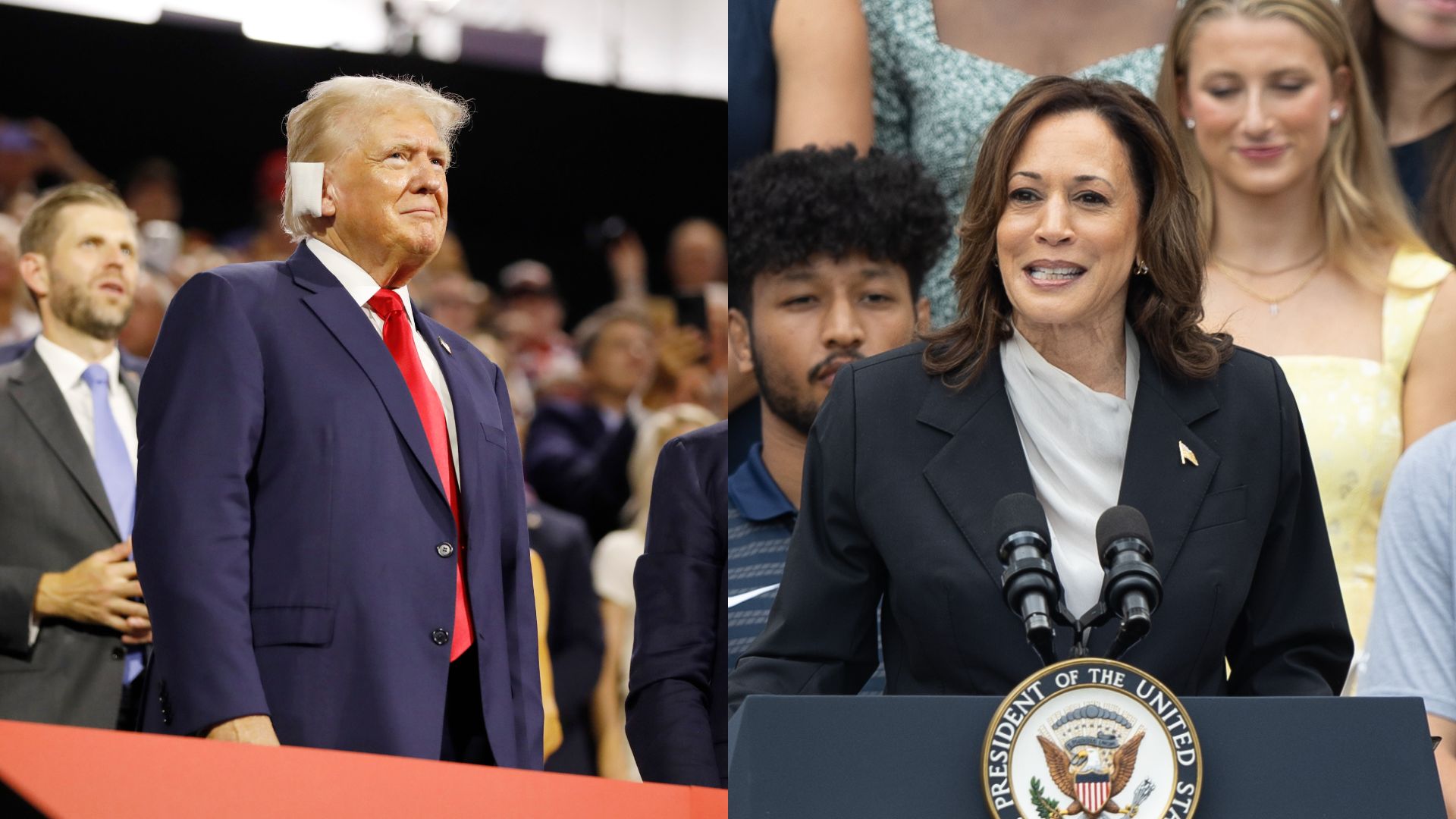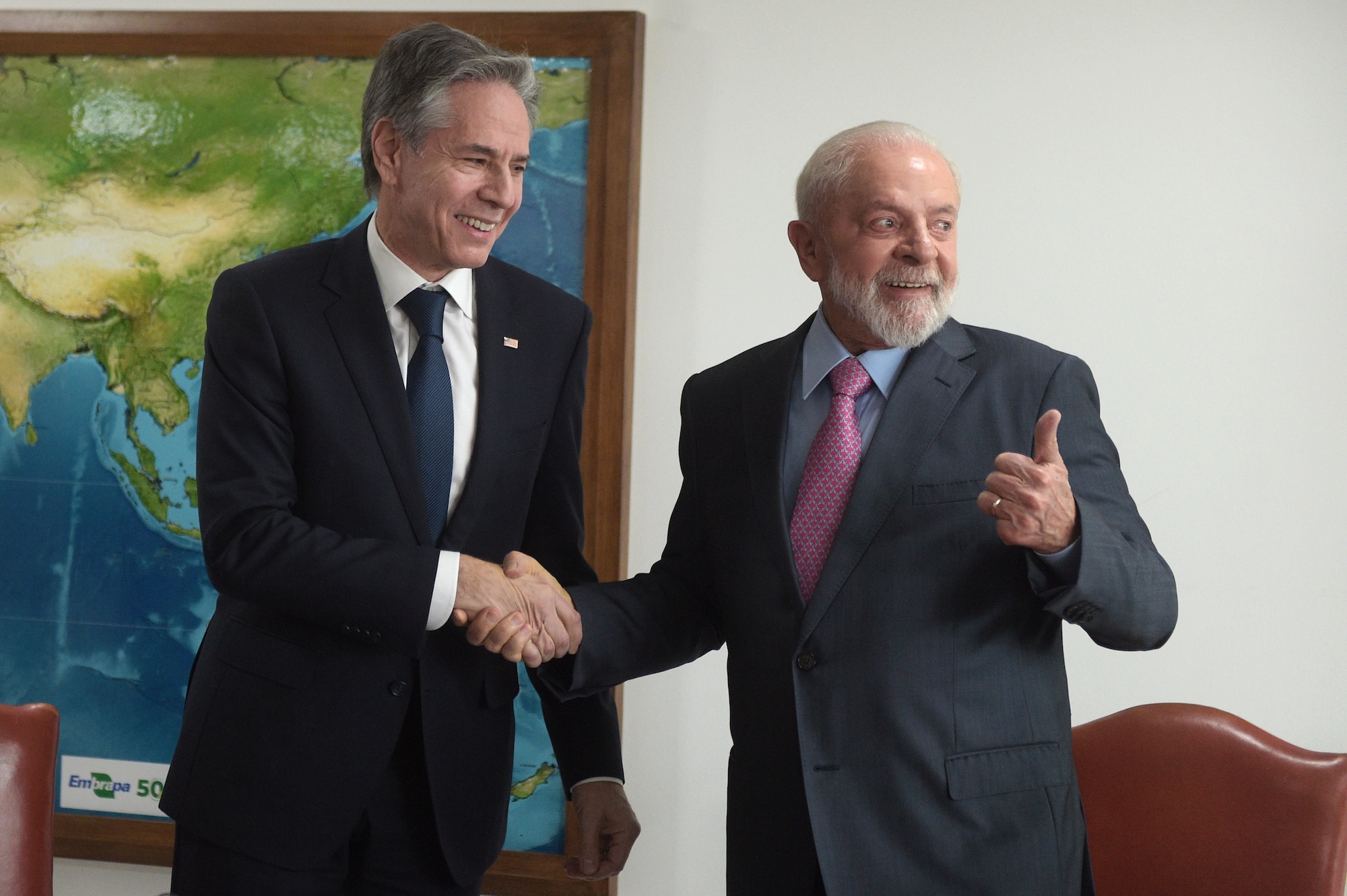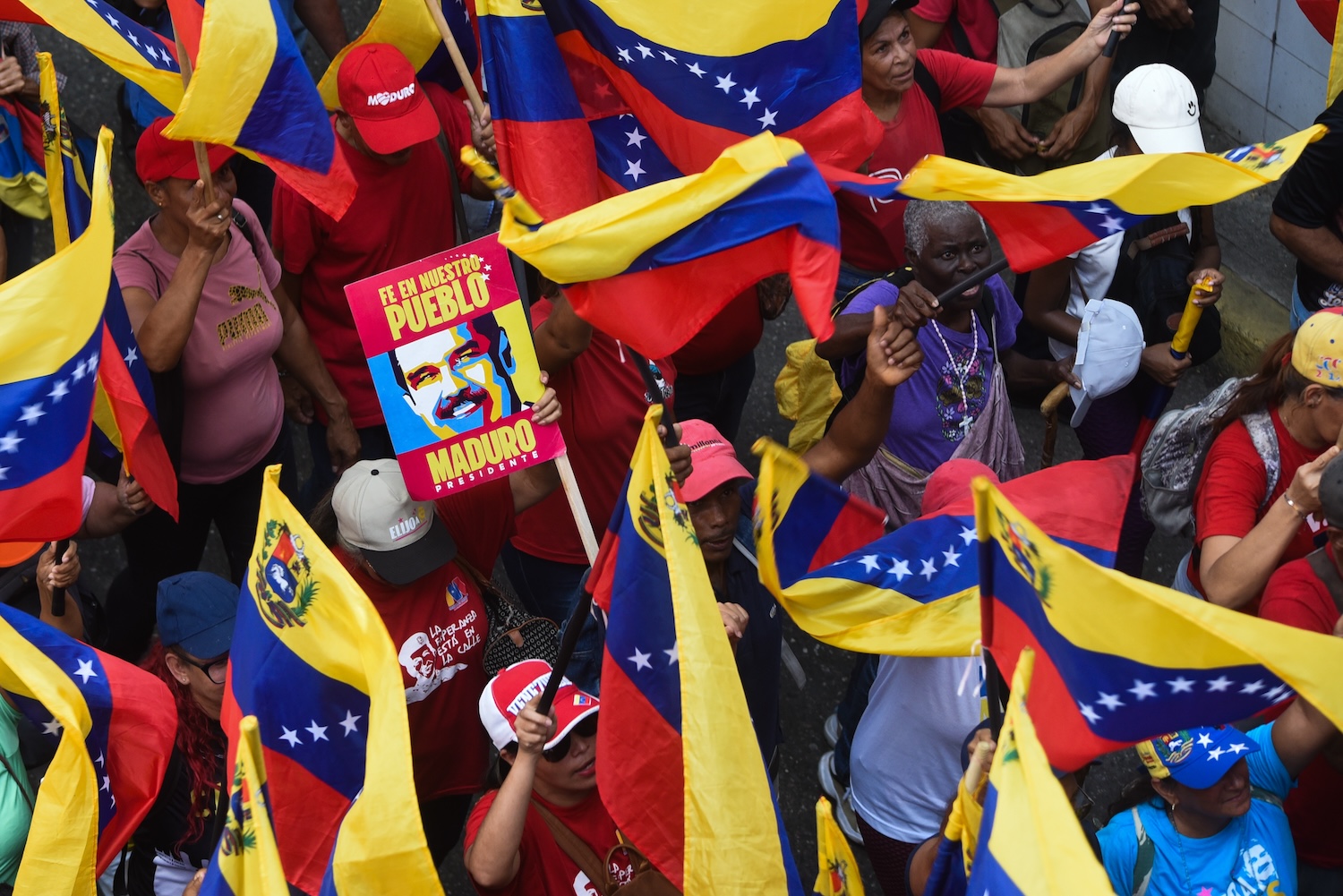USA: War diplomacy and oil
Carlos Fazio
The post-electoral conflict in Venezuela shows the recurrence of old patterns of pressure, destabilization and direct attacks on the national sovereignty of the South American country by Washington’s war diplomacy. Thus, while on the one hand, the State Department exerts increasing diplomatic pressure on the axis formed by Brazil, Colombia and Mexico to bring them to its territory and weaken their position as autonomous regional interlocutors and mediators, on the other hand, officials of the Biden administration have intensified statements alluding to an eventual resumption of the sanctions program against the state-owned oil company Petróleos de Venezuela (PDVSA).
With its strategic ambiguity and on the basis of the disregard of the results issued by the Venezuelan electoral authorities that gave Nicolás Maduro as the winner on July 28, the White House seeks to guarantee the management and tutelage of the political crisis of regional scope according to the national security interests of the empire, where the energy factor (oil/gas) is fundamental in the face of the presidential election next November between Kamala Harris and Donald Trump.

In the midst of a post-electoral controversy that is in the process of being resolved in the Supreme Court of Justice (TSJ), the escalation of U.S. diplomatic pressures seeks to exploit the hesitations and contradictions of the presidents of Brazil and Colombia, Luiz Inácio Lula da Silva and Gustavo Petro, respectively, and manufacture a regional consensus that, with the intervention of the moribund Organization of American States (OAS), allows the adoption of a more aggressive and hostile posture towards the government of Nicolás Maduro.
The recent proposal of a repetition of elections outlined by Lula and Petro – initially supported by President Joe Biden, later denied by a spokesman of the US National Security Council who claimed a misinterpretation of a journalistic question – indicates that the path woven by Washington in recent days has sought to achieve that goal. In this regard, it should be noted that Lula suggested the formation of a coalition government or the call for elections with an independent electoral committee and international observers, while Petro proposed the lifting of sanctions, general amnesty, guarantees for political action and a transitional cohabitation government leading to new elections. In turn, the Mexican President, Andrés Manuel López Obrador, disagreed with these proposals, considering that foreign interference in the internal affairs of another country is imprudent.
According to the interpretation of the website Mision Verdad, the initiative of Lula and Petro, widely rejected by the entire Venezuelan political spectrum, can be interpreted as an elegant solution to the dilemma posed by the pressures of the Secretary of State, Antony Blinken. According to the media, with this they tried, at the same time, not to grant Washington the recognition to the opposition candidate Edmundo González -the front man of María Corina Machado, financed by the US and with the right of door-knocking in the White House-, but neither to grant President Maduro the recognition of his victory nor the validation of the electoral dispute in the TSJ.

Lula and Petro seem not to have understood that, in times of great geopolitical polarization, playing on a slippery and oscillating terrain is a bad sign, in an international context where strategic autonomy defines the profile of countries in the framework of the great multipolar moment driven by powers such as China and Russia, drivers, in turn, of the BRICS+10. It is due to this scenario -in which Venezuela aspires to play a leading role in the short term given its role as a fundamental link in the global hydrocarbon supply chain-, that the US reactivated economic harassment as its main weapon of coercion, now under the cover of the post-electoral crisis.
This process also includes the virtual distancing of Venezuela from the dollar empire, given its potential coupling to the BRICS, which is about to implement a new financial messaging system similar to SWIFT, which could put an end to the global dominance of the greenback and reconfigure the world trade scenario.
In the midst of the escalation of diplomatic pressures, the program of oil exemptions granted to Venezuela by the Biden administration, as well as the intensification of unilateral, extraterritorial and illegal sanctions includes a phase of license administration that allows adjusting the approach as the circumstances and urgencies of the global energy market change, as well as on criteria of convenience in relation to the national and energy security of U.S. imperialism.
Although Maduro threatened to pass on the oil and gas blocks exploited by Western firms to his BRICS allies, it should not be ruled out that in this new phase of aggression against Venezuela, strategists in Washington have drawn up a containment plan aimed at strengthening alternative sources to cover the country’s energy needs (foreseeably targeting the vast reserves of oil sands in Canada and the new wells discovered in Equatorial Guinea and the Gulf of Mexico), in order to avoid pressures from large companies such as Chevron, Eni, Repsol, Shell, BP and others, with joint operations and projects with PDVSA.

In this context, the pusillanimous and by all accounts meddling proposals of Lula and Petro, although they have served to curb the initial violence of the guarimbero terrorism of María Corina Machado and the Venezuelan ultra-right, and do not fully satisfy the imperial objective of raising regional hostility towards the Venezuelan government, translate into a leverage of the narrative of disregarding the electoral victory of Nicolás Maduro and would allow the Democratic administration of Joe Biden to gain time, distribute the focus of attention without losing the sense of the multiform escalation of the ongoing hybrid war and delay the imposition of oil sanctions that would affect its energy interests, especially in a US electoral context where an imbalance in inflation or gasoline prices, due to an improvised measure, could continue to catapult the candidacy of Republican Donald Trump.
